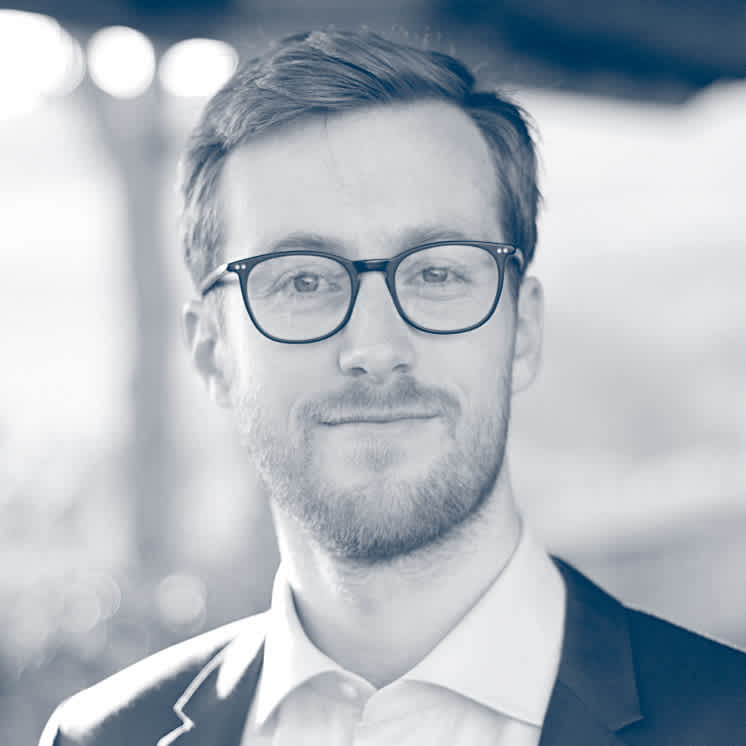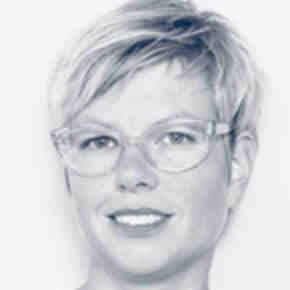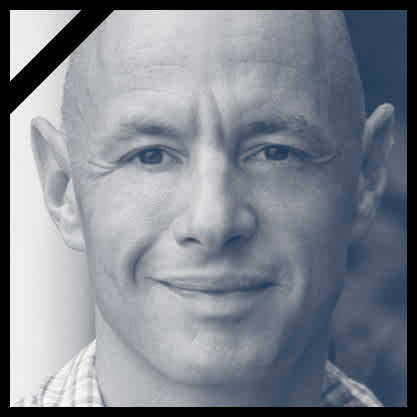- Startseite
- Forschung & Transfer
- Forschungsprojekte
- Governing People's Safety in Areas of Extremely Limited Statehood: South Sudan and the Central African Republic
Governing People's Safety in Areas of Extremely Limited Statehood: South Sudan and the Central African Republic
Why do some areas of limited statehood produce security while others are fraught with persistent insecurity? This research project focuses on areas where state presence is limited and where other local and external non-state actors are involved in providing security to citizens. By developing a micro-perspective on local arenas of security provision in South Sudan and the Central African Republic, the project seeks to understand what explains the differences in effective security provision in areas of limited statehood.
DFG, CRC 700, 2014-2017
Team
Leitung
Forschungsfragen
- What are the success factors of effective security provision on the local level (in situations of extreme state weakness)?
- What is the role of specific context conditions like ethnic homogeneity (resulting in social capital), spatial distance to the country’s capital and presence/absence of external actors (particularly peacekeepers)?
- What kind of policy implications can be drawn from strong local variance in countries invariably characterised as extremely weak?
Beitrag zu internationaler Forschung
This project aims to close relevant research gaps. Empirically, there are immense gaps with regard to effectiveness of local security production (only scattered results by a few researchers, including the project leader), and, conceptually, there is no appropriate differentiation of the container term hybridity/hybrid peace orders (MacGinty 2010, Boege 2009 etc.). The discipline of political science only now begins to focus on local arenas, arguably a decisive aspect when it comes to post-conflict peace. Existing case studies fail to link up and produce some level of generalisation. This project aims to contribute in closing those gaps while also trying to combine the strengths of anthropology and political science. Furthermore, there is only limited empirical insight on the two focus countries, with South Sudan as the most recent independent state world-wide only beginning to be explored by social scientists and CAR one of the most ‘under-researched’ countries on earth.
Forschungsdesign und Methoden
This project combines a case study approach with subnational comparative analysis. Research is based on qualitative methods of empirical enquiry, including techniques used by political anthropologists and political scientists. Six local arenas of (effective and ineffective) security production in two countries (CAR, South Sudan) were selected in order to test our hypotheses pertaining to institutionalised actor constellations, absence/presence of international actors, social capital/ethnic homogeneity, socio-spatial distance to capital and national policies. After desk studies (focusing on the last item) intense fieldwork has started in all six arenas, where focus group discussions and non-participatory observation will be conducted by the research team; potentially a reduction to four sites will be administered. Research assistants maintain ‘event logs’ on security relevant events and developments over the entire project duration, expert interviews will be conducted in the two capitals.
Vorläufige Ergebnisse
Findings from a first series of fieldwork suggest that the production of political order at the periphery of large and 'fragile' states differs strongly in terms of actors involved, the role of the state in producing (in)security, and the economic stakes and resources that characterize the periphery. As a result, great variation in the production of order/disorder can be observed not only between states but also within one country. These findings underline doubts on the usefulness to rely on rankings based on additive compilation of indicators such as the Fragile States Index to group countries. For both CAR and South Sudan pastoralist groups and their relationship to state and other authorities play a crucial role for the relative order/disorder in the periphery and need better scrutiny. We also found that while local order follows from local collaboration between state and non-state actors alike (e.g. the churches), the overall history of a nation-state with its respective impetus of controlling territory, resources or people also plays an important role. Despite their Chapter VII mandate, the two UN Missions deployed in the two countries operate quite differently. Peacekeepers have not the same role and preponderance (where they are deployed) in both countries: in CAR they tend to dominate the local security arena, in South Sudan they are hesitant to get involved in the power-struggle and therefore remain at the margins of security production.







